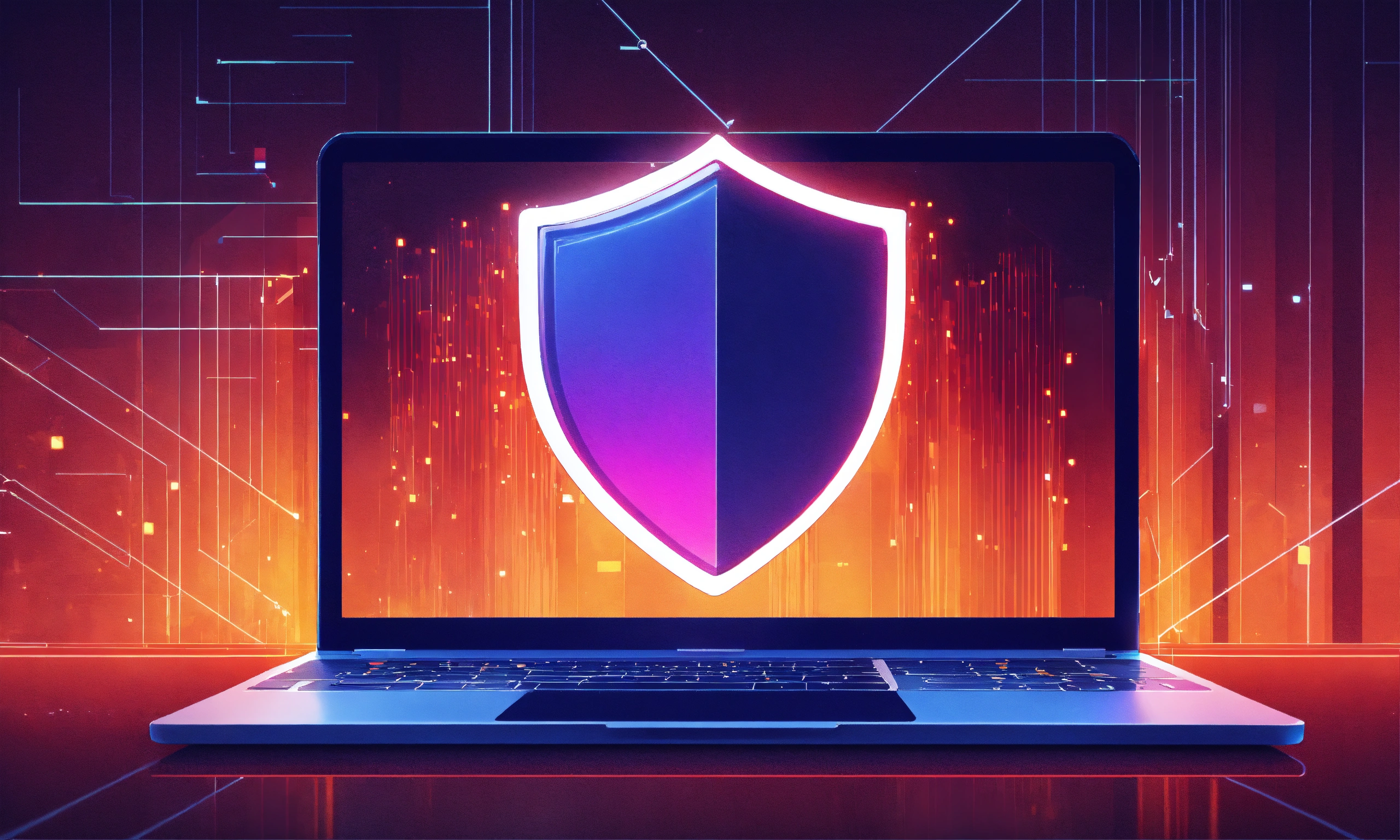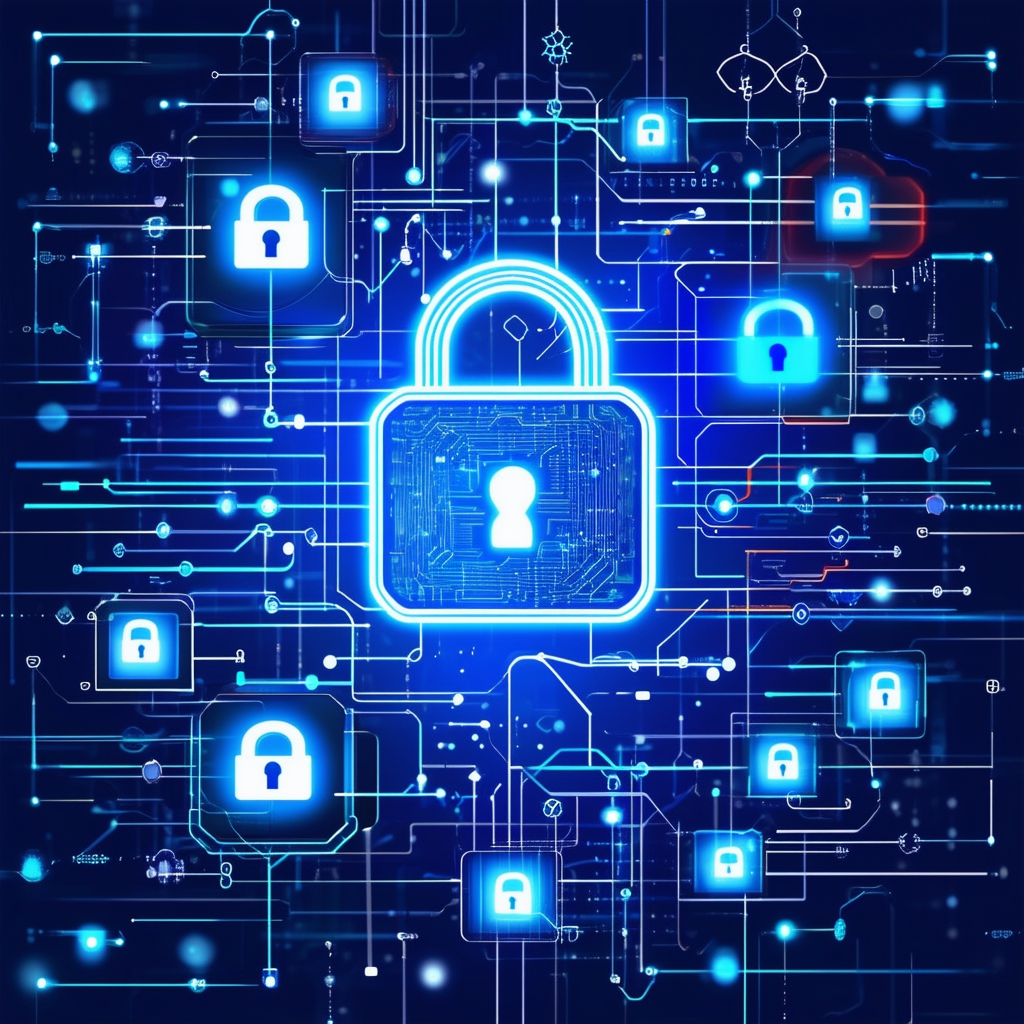
Discover how quantum computing is poised to revolutionize the field of cybersecurity, offering unprecedented protection and new challenges.

The Quantum Leap: An Overview of Quantum Computing
Quantum computing represents a fundamental shift in the way we process information. Unlike classical computers, which use bits to represent data as 0s or 1s, quantum computers utilize quantum bits or qubits. These qubits can exist in multiple states at once, thanks to the principles of superposition and entanglement. This allows quantum computers to perform complex calculations at speeds unattainable by classical systems.
The potential applications of quantum computing are vast, ranging from drug discovery to optimization problems. However, one of the most transformative impacts will be in the field of cybersecurity. As quantum computing technology continues to advance, it will redefine how we think about data security and encryption.
Current Cybersecurity Measures: Strengths and Weaknesses
Today’s cybersecurity measures largely rely on classical encryption algorithms like RSA and AES. These algorithms are based on mathematical problems that are currently infeasible for classical computers to solve within a reasonable timeframe. For instance, breaking RSA encryption would require factoring large prime numbers, a task that could take classical computers thousands of years.
While these measures are robust against current technological threats, they have inherent weaknesses. Human error, social engineering, and increasingly sophisticated hacking techniques pose significant risks. Moreover, the advent of quantum computing threatens to render many of these encryption methods obsolete.
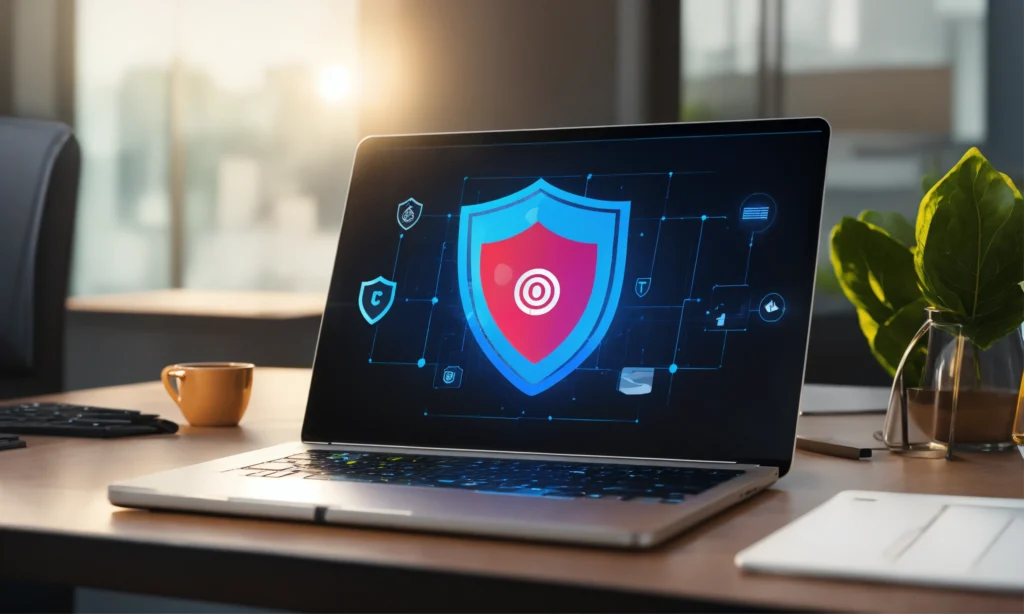
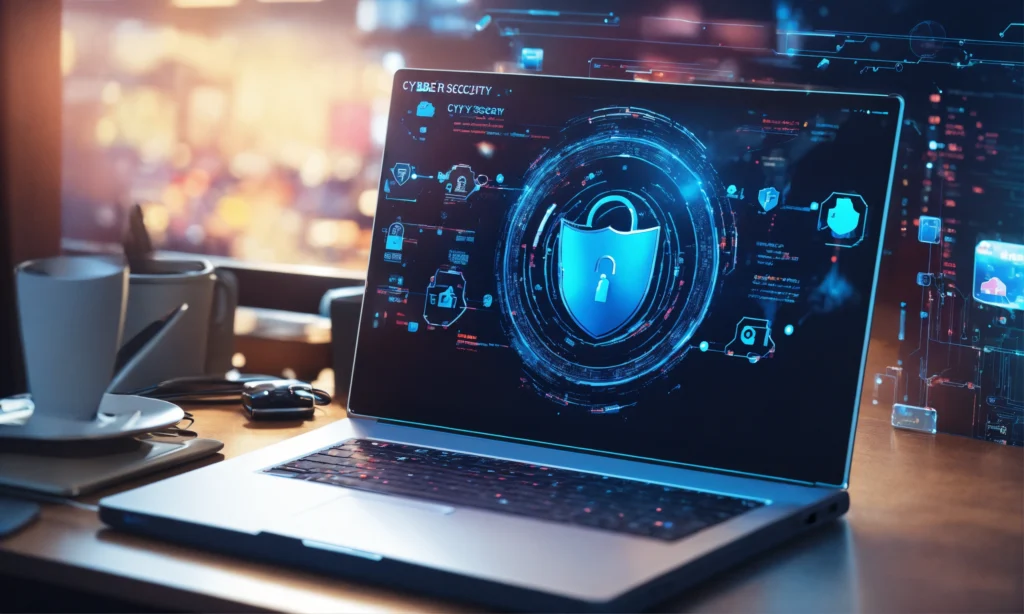
How Quantum Computing Will Break Current Encryption
Quantum computers have the potential to break many of the encryption methods that form the backbone of modern cybersecurity. For example, Shor’s algorithm, a quantum algorithm, can factor large prime numbers exponentially faster than the best-known classical algorithms. This capability would make it possible to break RSA encryption, which relies on the difficulty of factoring large integers.
The impact of quantum computing on encryption is not limited to RSA. Symmetric encryption algorithms like AES are also at risk. While quantum computers would not break these algorithms outright, Grover’s algorithm could effectively halve the key length, making them much less secure. The looming threat of quantum decryption necessitates the development of new, quantum-resistant encryption methods.
Quantum-Resistant Algorithms: The Future of Encryption
In response to the threat posed by quantum computing, researchers are developing quantum-resistant algorithms. These algorithms are designed to be secure against both classical and quantum attacks. One promising approach is lattice-based cryptography, which relies on the hardness of certain lattice problems that are currently believed to be resistant to quantum attacks.
Another promising area is hash-based cryptography, which uses hash functions to create secure signatures. These methods are not only resistant to quantum attacks but also offer other advantages, such as simplicity and efficiency. As the quantum era approaches, the development and implementation of these quantum-resistant algorithms will be crucial for maintaining data security.
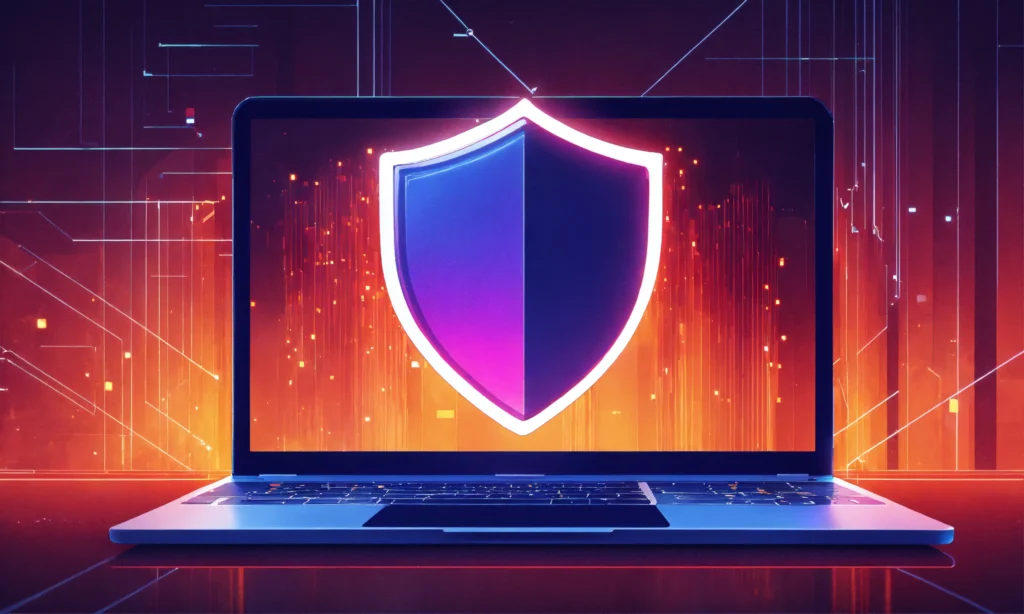
Preparing for the Quantum Era: Steps Businesses Need to Take
Businesses must start preparing for the quantum era now to ensure their data remains secure. The first step is to stay informed about advancements in quantum computing and quantum-resistant encryption. Organizations should invest in research and development to understand how these technologies will impact their operations.
Next, businesses should begin transitioning to quantum-resistant algorithms. This involves updating existing systems and protocols to incorporate new encryption methods. Additionally, companies should conduct regular security audits to identify vulnerabilities and ensure compliance with emerging standards.
Finally, collaboration is key. Businesses should work with cybersecurity experts, industry groups, and government agencies to share knowledge and develop best practices. By taking these proactive steps, organizations can better protect themselves against the impending quantum threat and ensure the security of their data in the future.
